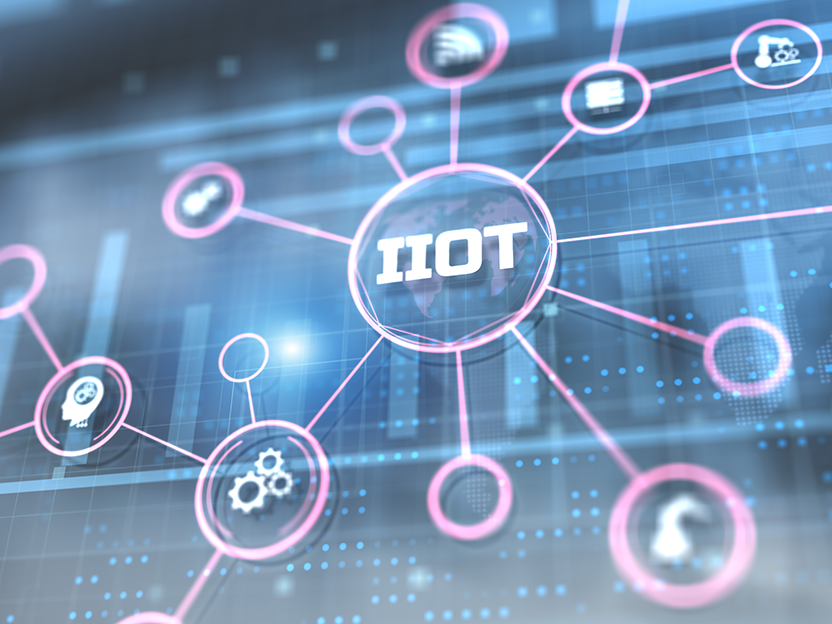A Guide to the Industrial Internet of Things
By Safi Khan
January 10, 2023
The industrial Internet of Things (industrial IoT or IIoT) refers to devices and sensors that collect and analyze data from machines and processes in the industrial sector. These complex IIoT deployments are dependent on reliable connectivity and efficient networking, as well as industrial-grade hardware.
IIoT and IoT devices have much in common, from sensors to their reliance on connectivity to communicate with each other. However, what separates them is their usage in different industries.
IoT devices — such as voice assistance, monitoring systems and wearable technology — are broad in scope. They can be found in multiple business, commercial and consumer settings, such as agriculture and health care. Industrial IoT applications connect machines and capital goods across verticals, including:
Downtime severity is quite distinct, as poor IIoT connectivity or outages could cause significant productivity and revenue loss. In contrast, a home voice assistant experiencing downtime isn’t nearly as catastrophic.

The advantages of upgrading to IIoT from analog information sources, legacy technologies and manual workflows are manifold. IIoT is the backbone of digital transformation within various industrial sectors. Moreover, IIoT platforms can integrate with operational technology (OT), including traditional information technology (IT) systems.
Factories enhanced by IIoT connectivity and capabilities are called smart factories. As the name implies, smart factories provide decision-makers with real-time data and edge intelligence for enhanced visibility and insights.
This abundance of data allows manufacturers to:
Likewise, IIoT solutions can create safer work environments, reduce costs and maintain product quality.
A particularly beneficial feature of IIoT is predictive maintenance. It enables connected factory equipment and assets to send condition and usage updates to manufacturers. This information helps maximize uptime and prevent disruptions.
Customers can maximize productivity and gain valuable process insights. With predictive maintenance, companies can:
IIoT also augments supply chain management to create smart supply chains that can close the control loop. Production managers and suppliers gain real-time visibility across the entire chain for improved business decisions with data collected by IoT sensors.

IIoT needs reliable and secure networking to function, as it typically enables mission-critical applications and processes. Industrial organizations can leverage private LTE and 5G networks to facilitate data exchange between IIoT devices.
Private LTE and 5G (also known as non-public networks or NPN) provide dependable connectivity and, compared to traditional Wi-Fi, are more scalable and resilient. They offer greater security than public mobile networks, as sensitive data remains on-site and doesn’t go to the operator’s core network.
These private networks permit companies to track and control traffic performance and authorization. In the era of LTE and Wi-Fi (less than 6), 5G and Wi-Fi were used in patchwork ways. Starting from private 5G, Wi-Fi (6 and up) and 5G cellular solution architectures complement each other well.
Private LTE and 5G are ideal for IIoT applications. They are especially suitable for automated machines or businesses that operate in locations not covered by public wireless infrastructure. Other instances in which private LTE and 5G are advantageous include:
With our expansive private LTE and 5G IoT module and data card portfolio, we offer reliable radio performance and connectivity. Our quality assurance includes vigorous environmental testing, making our solutions highly reliable and secure.
Our IoT platform supports edge and cloud device connections. It orchestrates data from private LTE and 5G devices to support enterprise integration with traditional middleware or next-generation cloud systems.
Speak with our IoT experts to get started on your private LTE or private 5G IIoT solution.